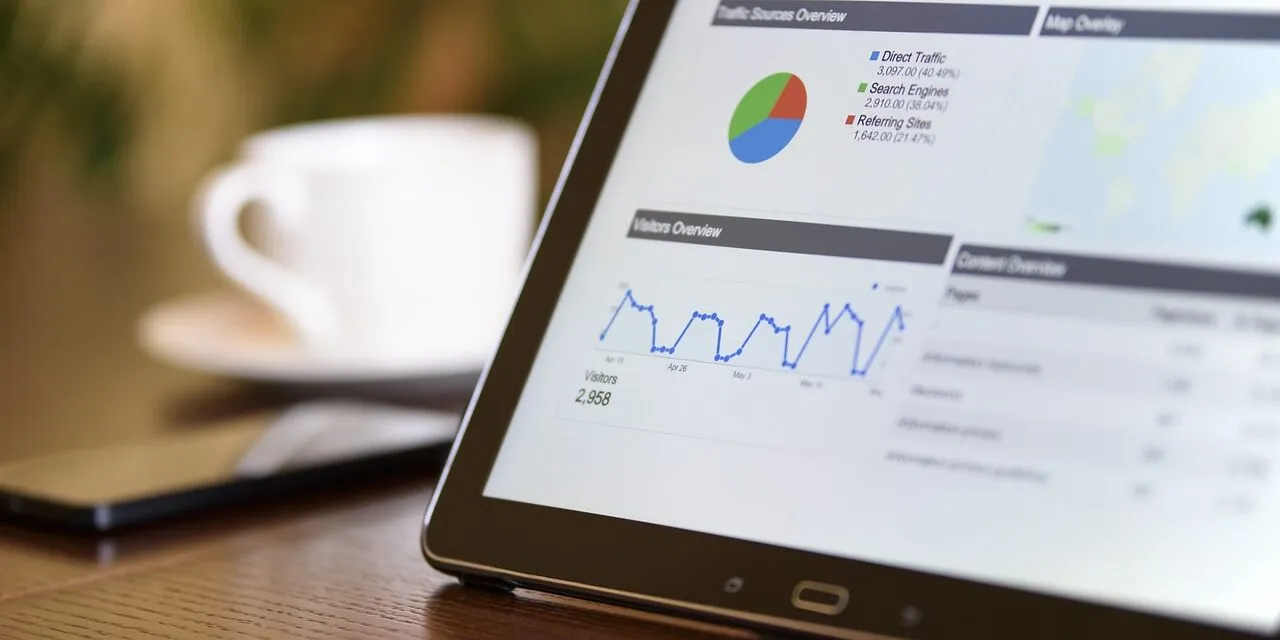The University of Verona’s Economics Department is betting on health and well-being with the development of the Data Platform, a system that seeks to become a tool for planning and testing economic policy interventions. The Verona faculty aims to improve the quality and quantity of its research in order to attract researchers from around the world and maintain the greatest talent attracted in recent years.
The project will be supported by the National Agency for the Evaluation of the University System (ANVUR), which named the Department of Economic Sciences one of Italy’s 180 departments of excellence. The Veronese faculty, in particular, earned 6 million euros for the development of the “Health and Wellness” initiative. In addition to this funding, the university received two further Horizon Europe grants totaling 8 million euros to be used in synergistic projects.
The Department of Economic Sciences has carried out significant studies on health and well-being in recent years.
For several years, the projects aligned with Goal 3 of the United Nations Sustainable Development Agenda, which is “to ensure healthy lives and promote well-being for all at all ages.” Some of the department’s research areas have already examined the way circumstances of origin affect one’s well-being in order to determine what types of interventions can have the most impact, particularly in the area of inequality.
As a result, the Data Platform corresponds to the next step. It will be a broader platform where the collected data can be used on a smaller geographic scale, such as the population of Verona. In fact, many programs, such as kindergartens, social housing, and social services, are controlled at the municipal level and are subject to public initiatives and interventions.
How does the platform work?
The platform will allow the combination of data on objective and subjective dimensions of health and well-being from a sample of Italian families, as well as data from the past, present, and future. The large amount of data obtained within it will consist of information taken through surveys, administrative databases, registrations, or even extrapolated from other databases. The goal is thus to comprehend the mechanisms by which policies affect households.
A reflection on the COVID subject was one of the inspirations driving the creation of this project. According to the Department of Economic Sciences, such a platform may have aided in monitoring the population’s health and well-being as well as predicting some behavioral responses of families and individuals in response to constraints.















